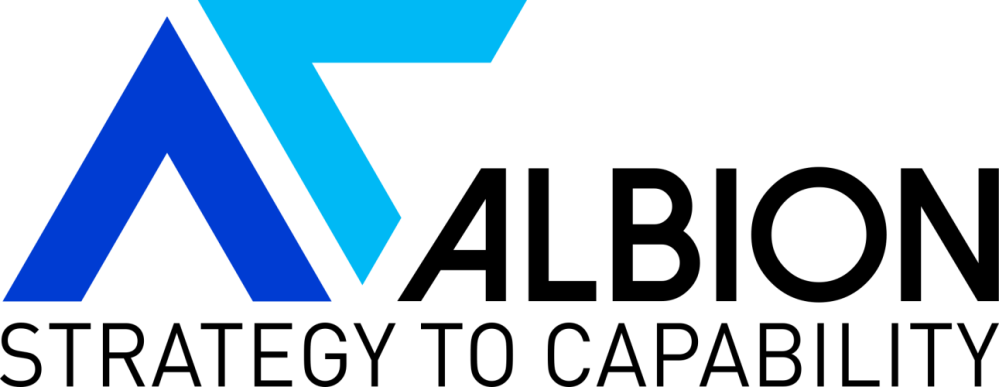Albion Super Summer Sale. Up to 25% off! Act now, the sale ends soon!
Selection of discounted course dates:
| Course | Language | Start Date | End Date | Location | Price | Register |
|---|---|---|---|---|---|---|
| iSAQB Soft Skills (SOFT) | German | 10.09.2024 | 12.09.2024 | Munich | 1.568 EUR (25% Discount) | |
| iSAQB Enterprise Architecture Management (EAM) | English | 25.09.2024 | 27.09.2024 | Live Online Guaranteed Dates | 1.493 EUR (25% Discount) | |
| iSAQB Architecture Documentation (ADOC) | English | 26.09.2024 | 27.09.2024 | Live Online | 1.043 EUR (25% Discount) | |
| iSAQB Functional Architecture (FUNAR) | German | 07.10.2024 | 10.10.2024 | Live Online Guaranteed Dates | 1.688 EUR (25% Discount) | |
| iSAQB Domain-Driven Design (DDD) | German | 15.10.2024 | 17.10.2024 | Live Online Guaranteed Dates | 1.613 EUR (25% Discount) | |
| iSAQB Enterprise Architecture Management (EAM) | German | 28.10.2024 | 30.10.2024 | Munich Guaranteed Dates | 1.643 EUR (25% Discount) | |
| iSAQB Microservices (FLEX) Java | German | 11.11.2024 | 13.11.2024 | Live Online Guaranteed Dates | 1.720 EUR (20% Discount) | |
| iSAQB Architecture Evaluation (ARCEVAL) | German | 12.11.2024 | 13.11.2024 | Live Online Guaranteed Dates | 1.043 EUR (25% Discount) | |
| iSAQB Architecture Documentation (ADOC) | German | 14.11.2024 | 15.11.2024 | Live Online Guaranteed Dates | 1.043 EUR (25% Discount) | |
| iSAQB Domain-Driven Design (DDD) | English | 26.11.2024 | 28.11.2024 | Live Online | 1.613 EUR (25% Discount) |
Course Offerings
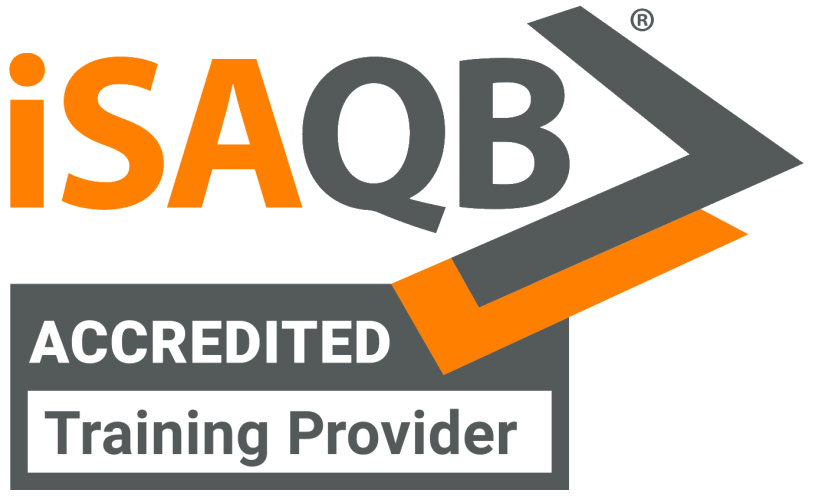
The success rate of all course participants who have attended a Foundation course conducted by Albion trainers is exceptionally high.
iSAQB Certified Professional Software Architect (CPSA)
The role of the software architect is becoming increasingly important as systems become more complex. The iSAQB® Certified Professional for Software Architecture (CPSA) program is a globally recognized, standardized education and training program that enables software architects to perform their role successfully. There are now more than 17,000 software architects with CPSA certification.
At the Foundation certification level, you have demonstrated that you are able to independently create and document the architecture of a system as well as assure and evaluate its quality. The success rate of all course participants who have attended a Foundation course conducted by Albion trainers is exceptionally high.
In order to receive the CPSA Advanced certification, software architects are required to demonstrate that they can apply the knowledge they’ve learned based on a concrete case study.
Courses offered in English and German
iSAQB CPSA-Advanced Architecture Documentation (ADOC)
iSAQB CPSA-Advanced Architecture Evaluation (ARCEVAL)
iSAQB CPSA-Advanced Infrastructure, Container and Cloud Native (CLOUDINFRA)
iSAQB CPSA Advanced Domain-Driven Design (DDD)
CPSA-Advanced Flexible Architecture Models / Microservices (FLEX)
iSAQB CPSA Advanced Functional Software Architecture (FUNAR)
iSAQB CPSA Advanced Soft Skills for Software Architects (SOFT)
iSAQB CPSA Advanced Web Architecture (WEB)
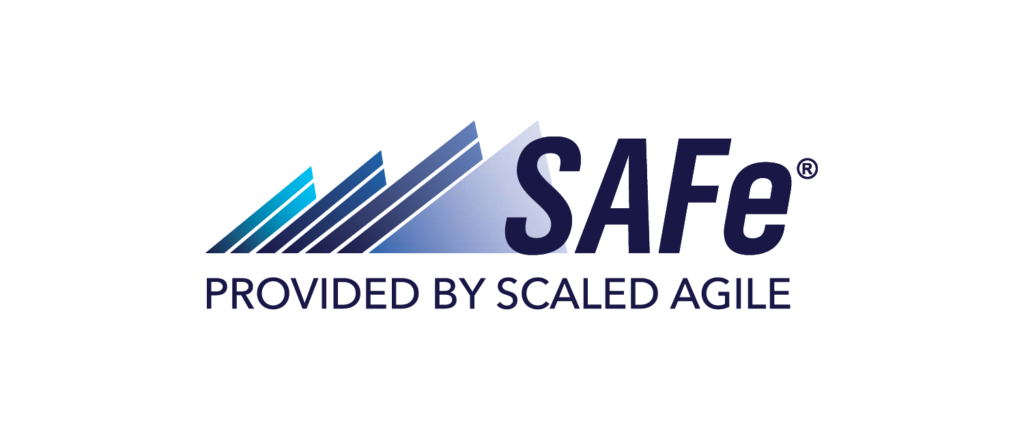
Scaled Agile Framework® (SAFe®) Training
The Scaled Agile Framework (SAFe) includes organizational and workflow patterns for implementing agile methods in companies.
With the Scaled Agile Certification, you are choosing a framework that has proven itself many times in practice. SAFe® is the most widely used framework for scaling agility, already trusted by more than 20,000 companies worldwide.
Courses offered in English and German
Leading SAFe® Certified Agilist
The following courses are currently offered only in German.
- SAFe® Product Owner / Manager Zertifizierung (POPM)
- SAFe® Scrum Master Zertifizierung (SSM)
- SAFe® Advanced Scrum Master Zertifizierung (SASM)
- SAFe® Lean Portfolio Management Zertifizierung (LPM)
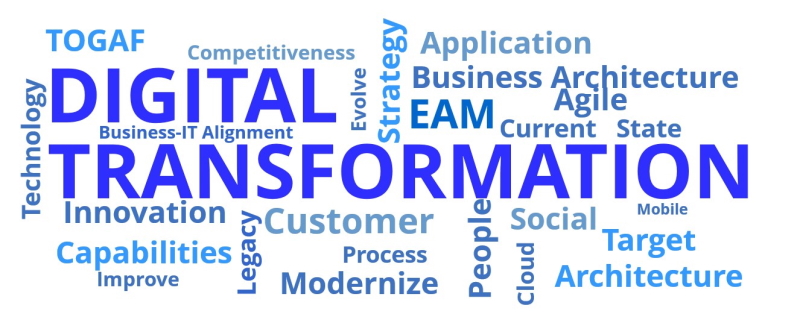
Enterprise Architecture Management (EAM)
Enterprise Architecture Management (EAM) translates the business strategy into a concrete target operating model and implementation plan. EAM creates transparency about the interrelationships, costs, benefits, and risks of the essential parts of the enterprise’s target operating model. With this information, managers are able to make effective decisions and plan and implement major transformation initiatives.
The following courses are provided in English or German depending on the participants
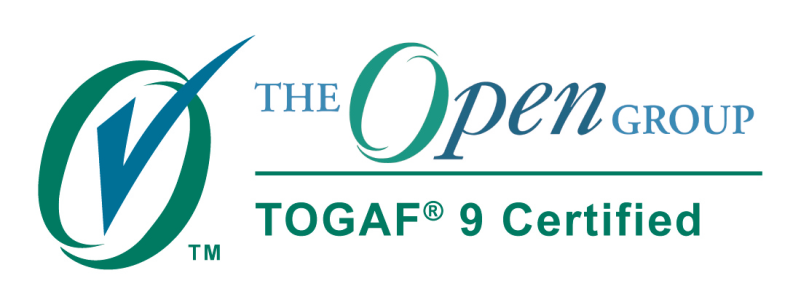
EAM based on The Open Group Architecture Framework (TOGAF)
TOGAF is the de facto standard for Enterprise Architecture Management and ensures cross-industry and uniform standards, methods and communication for enterprise architects. These non-accredited courses offer an introduction to EAM and the TOGAF core concepts and prepare participants for the TOGAF certifications. These courses are organized by ETC (Enterprise Training Center) and are not accredited from the Open Group.
